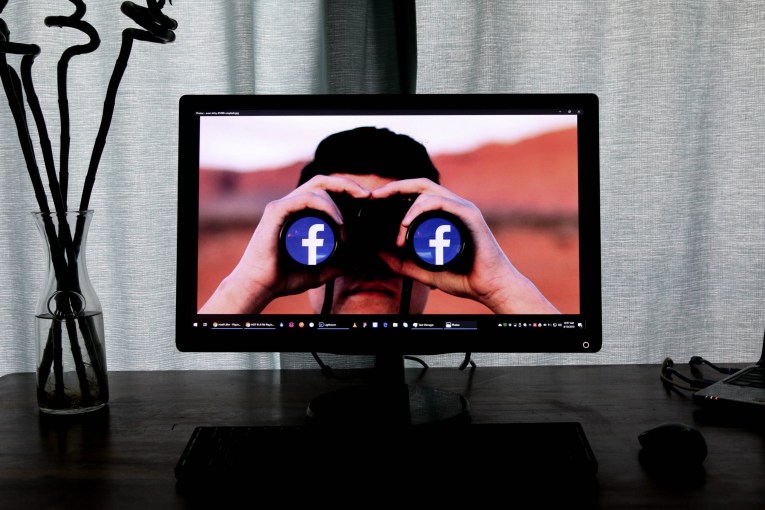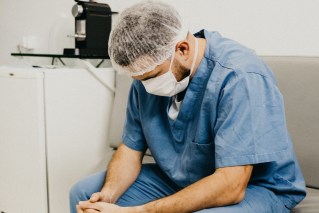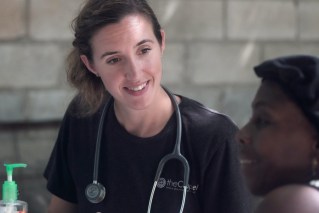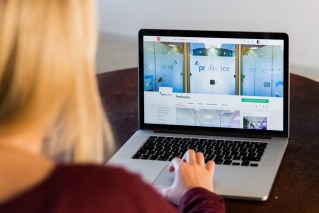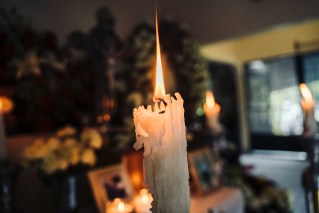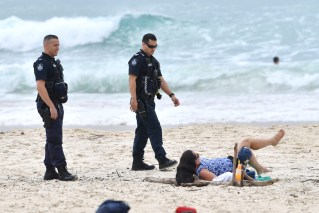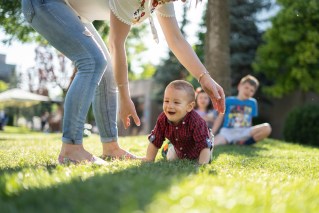The lessons of isolation went way beyond what we learnt on a laptop
Each day this month, we will publish Tales of 2020, the stories of ordinary Queenslanders enduring an extraordinary year. Today, Siena Fagan gives a teenager’s perspective on the relative merits of isolation.
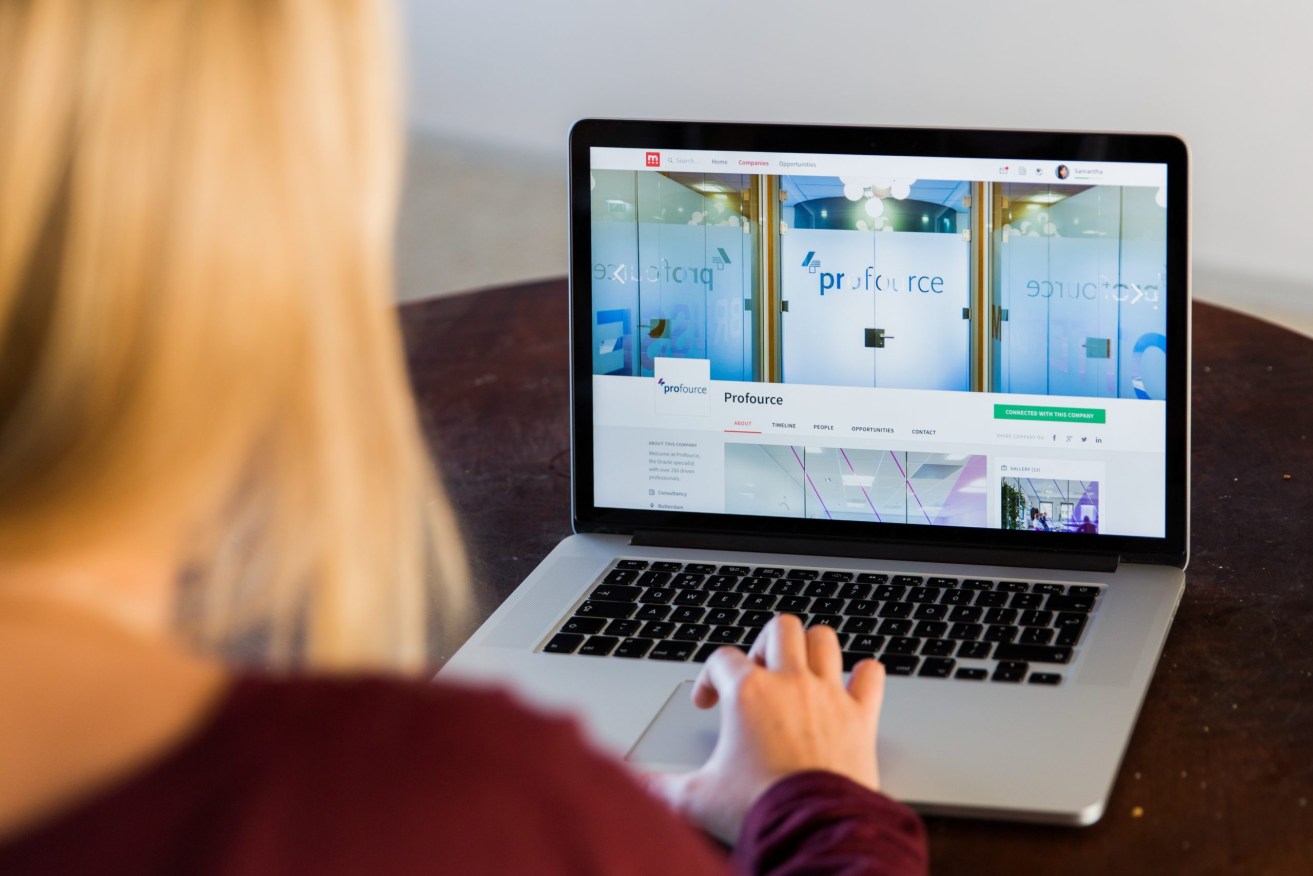
The lessons from isolation were much broader than what you could learn on a laptop. (Photo: Unsplash)
I expected to learn some things in isolation. Sitting at a makeshift desk, for hours each day, I grappled with equations of constant acceleration, and dutifully compared George Orwell’s Animal Farm with Trump’s special brand of politics. They were the lessons delivered online, with my teacher, a button away.
But it was another five lessons, that sat outside the school curriculum, that popped up, and made COVID-19 a personal classroom of sorts. And this brand of self-directed learning taught me to look for rainbows after rain, or the silver linings in the storm that sometimes hovers over our high school heads.
Lesson 1: Gratitude for my privilege.
“Self-directed learning” is where it is all at, and my school adopted it to the hilt. I know others did not have that privilege, but I did – and will be forever thankful to the teachers who sat at the other end of a screen, conducted video classes, colour coded lesson plans and provided extra study notes.
But that privilege comes with an awareness that equality between schools and regions is a mirage, despite the claims of our politicians, and many others did not enjoy the same digital resources or calm voice at the other end.
Lesson 2: Appreciate my friends and family.
During this seven-week time vacuum (yes, Mum pulled us out of school two weeks early), my daily highlight was lunch break. It was school break on skype, friends on face-time and zany times on zoom. A new camaraderie or chumminess built up online, while feasting on last night’s reheated leftovers. Perhaps we were more vulnerable, or perhaps scared of the uncertainty around us, but we talked, and talked and talked about real things: our hopes and our fears, our dreams, and our dark moments.
We got to know each other on a more complex level and chatted with each other’s sisters and brothers and parents as they wandered by the screen. We dissed, in good humour, our own parents and siblings (and Mum’s new-found fad of buckwheat at every meal). We became innovative, and one day a group of us ran a digital, model United Nations involving 15-year-olds across Australia. And our parents worry about what we are doing in our room? Really.
All of that smothered the little pit at the base of my stomach, which disappeared on the day I could hug my friend, smile across a real classroom, hang with my cousin at Baskin and Robbins, and enjoy lunch with my grandfather.
Lesson 3: Celebrate the Little Victories.
My sister is fourteen months older than me. Any younger sibling will understand the ramifications of that. She gets all the firsts: the first to wear make-up, the first to get TikTok, the first to get everything. But under lock-down, and in pursuit of peer company, that sibling connection blossomed. So did talking to my parents. Movie nights and cousin dinners, neighbourhood walks, and card games were slowly reintegrated. Birthday dinners remained digital, and semi-formals were awkward on zoom, but old-fashioned family time became decidedly chic. Even over a full plate of buckwheat pasta…
Lesson 4: Appreciate what we take for Granted.
COVID turned our lives upside down. But through that topsy-turvy prism, things we take for granted were magnified. Perhaps we should look for them more. And the most spectacular example here is my Dad’s health, during COVID. He suffered a heart attack and was rushed to hospital. Unfortunately, with COVID regulations my age prevented me from visiting him. That broke my heart; a rule that determined, at fifteen, I could not be one of the two visitors he had, for two hours each day.
But on reflection, that rule might have helped Dad as much as the million-dollar machines that fill the coronary unit at PA Hospital. It was written to protect patients, and allow health workers to send Dad back home, fully recovered. And that, for me, will never be just a little victory.
My advice is to never take for granted the ability to visit someone who is ill.
Lesson 5: look for the positives and use them to better yourself.
Any teen reading this will have heard an adult – often a teacher – ask them this question:
What were the best/worst parts of learning from home?’’
Honestly, I could say it was not seeing my friends, sitting down for hours on end, missing going out, teaching myself analytical geometry or constant Wi-Fi failure – and all of those would be valid.
But I prefer to focus on the other side of the coin. I am a better person. A better student. A better friend. A better sister. A better daughter. I learnt how to organise my day, code my notes, value more those I love, nurture resilience and independence. I looked for the silver linings now and try to bank them.
Each semester my French classes end with my teacher asking the same question. “What did you learn this term?”. After these months, the answer will be so much more than the tenses of the imperfect past and the simple future.
Siena Fagan 15, is a Brisbane high school student.
This article was first published in Stories from the Heart, an e-book edited by Dr Johanna Skinner and editor Jane Connolly, and is republished with their permission.
